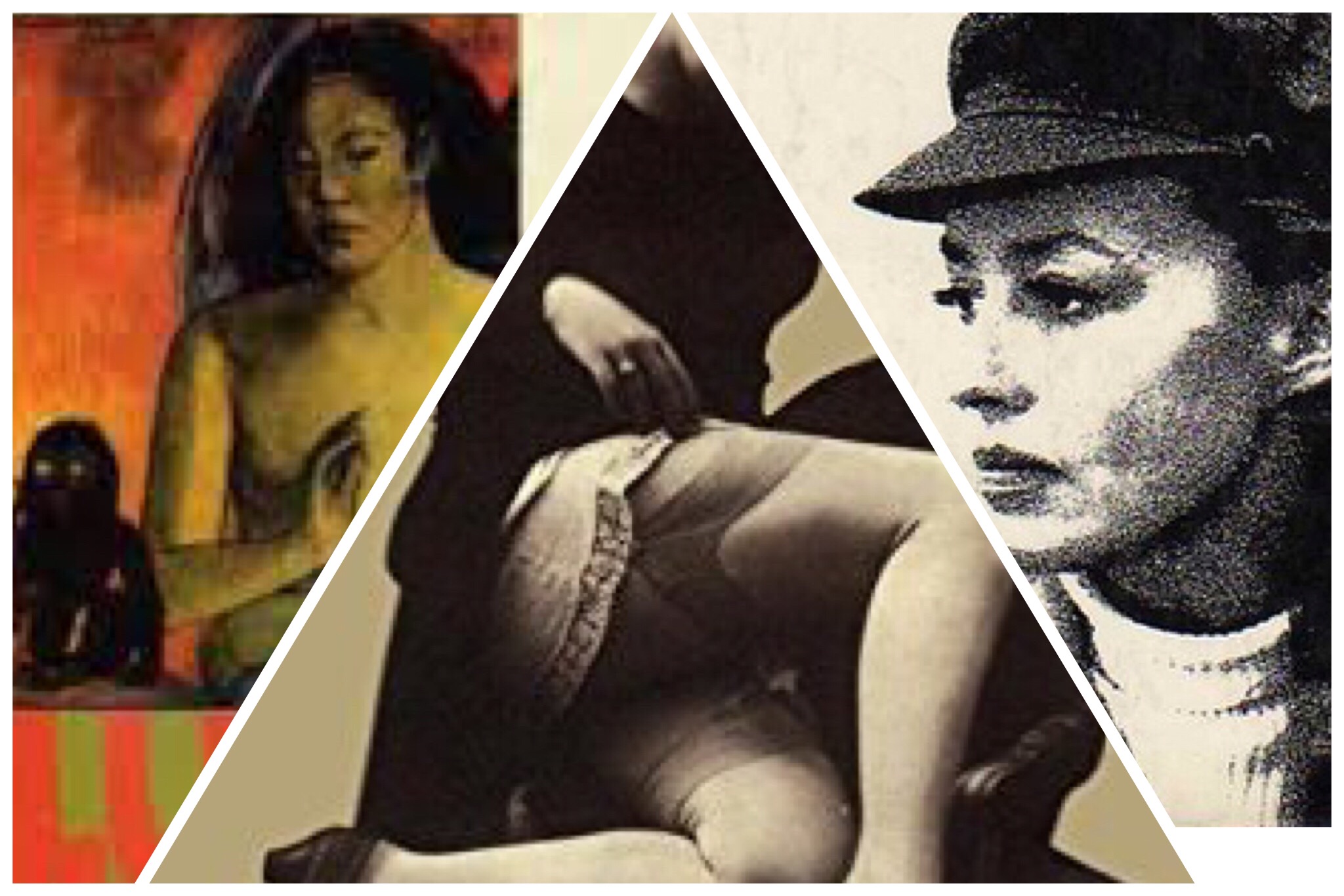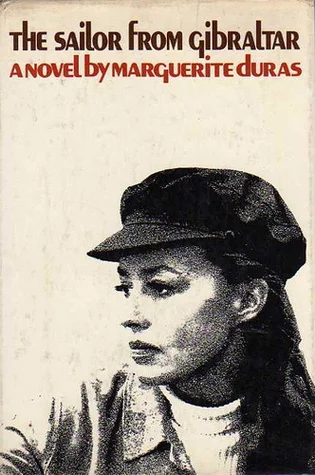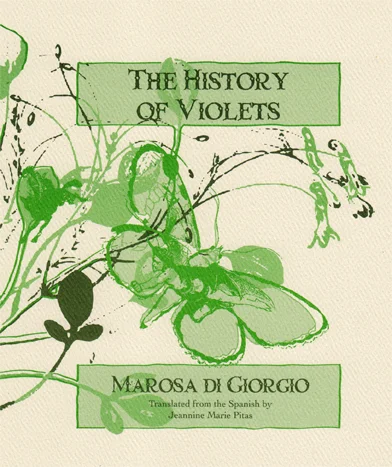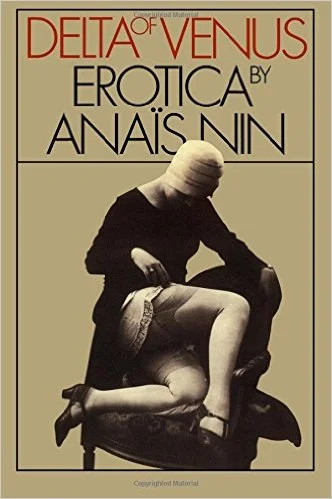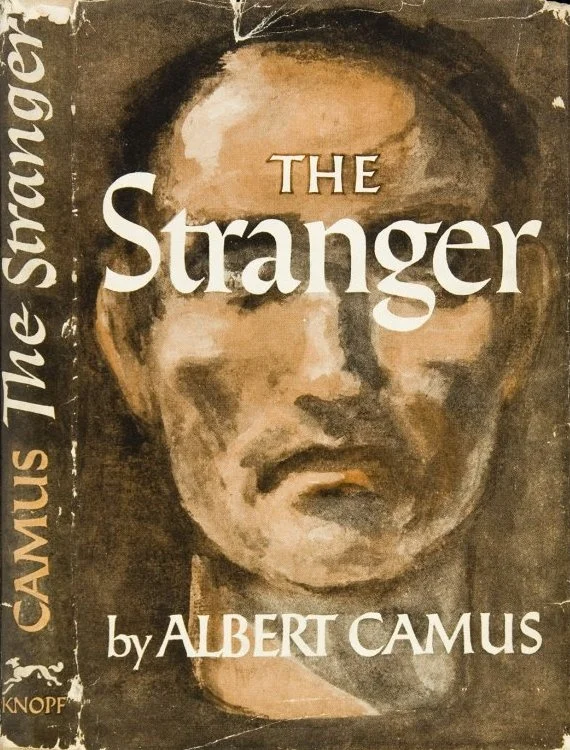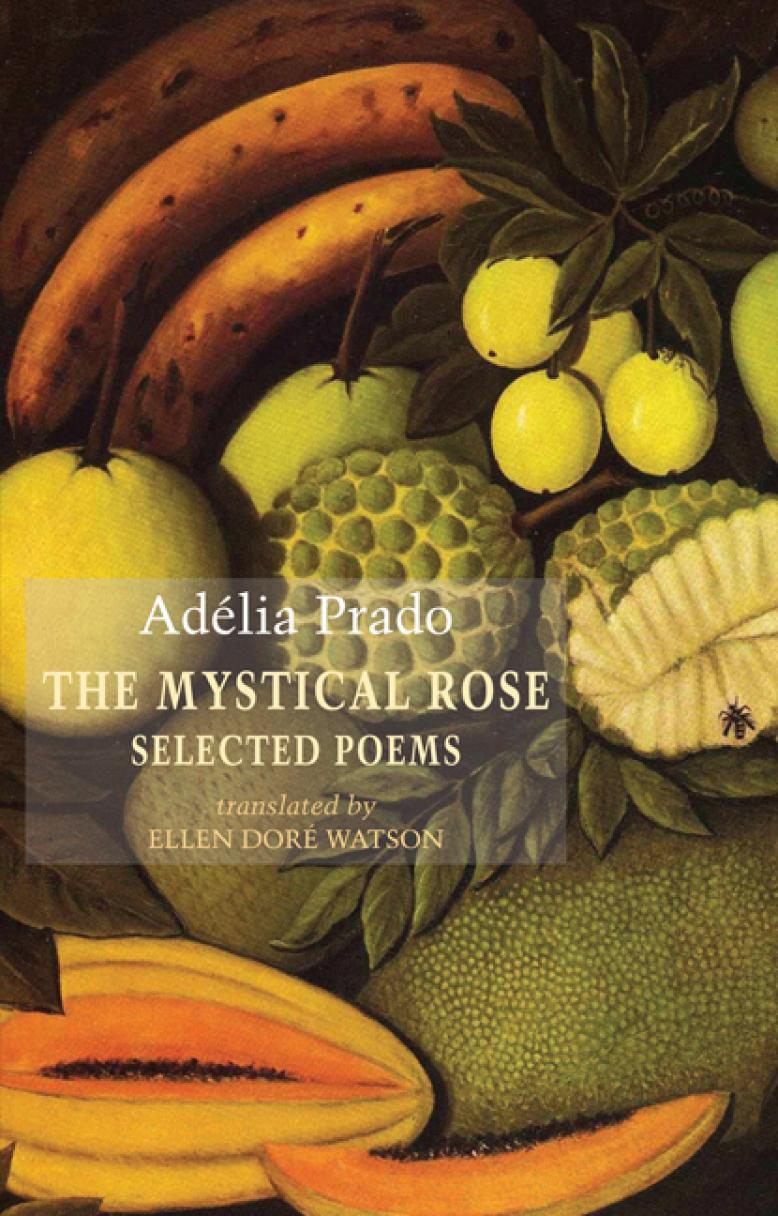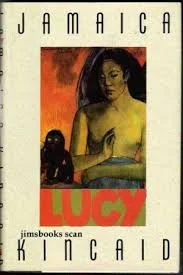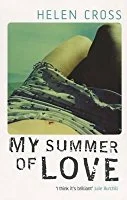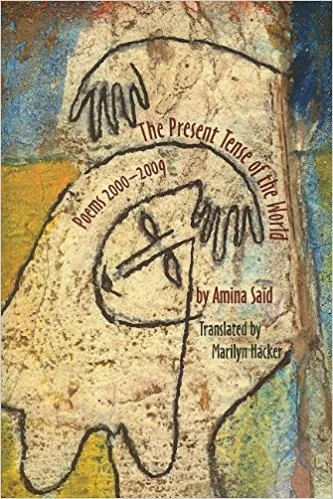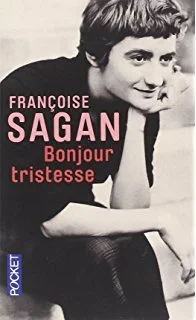BY LISA MARIE BASILE
Summer is a time of rebirth—everyone says so. Even if you dread the heat and all those bodies locked up next to one another, and even if you can’t stand the sweat and the toil, the summer is kicking up all that stuff inside of you that needs to be released or confronted. Sometimes, for some of us, it takes a summer to realize beauty and goodness again, while for others, it takes a summer of thinking-thinking-feeling-feeling to finally allow yourself to rest and blossom during the cooler months.
Whatever you feel, the summer is a character in our lives, and it has an impact—whether direct or not.
There’s also something about the summer that makes prose even more seductive. Sure, the winter has had its moments, but it’s the summer—and all its summery things: cool wine, perspiration, dark, hot nights, loud light, white fabrics, the sand and the sea, fever dreams, inescapable lust, suffering—that pools us in. Here are a few of my favorite read-again-over-the-summer books, not just for their content, but for the perfect way they pair with the heat and light. Some books you just must read at the kitchen window in that hot yellow light.
These are a few of my favorite summer reads over the past couple of years.
The Sailor from Gibraltar by Marguerite Duras
Holy shit, this is beautiful and heavy, like wet clothes, or like a wine-fueled dream. I started this one years ago and never quite finished, and then I started it again and finished it. Why? I don’t know why. Duras is exceptional—her language is like falling asleep and waking up in the most elaborate palace. This book follows a French man who feels his life is all sort of pointless—and so he finds himself in Italy, and then on a yacht sailing with an American woman who is searching always for her sailor. The language is a dreamy, hot, violent, thrashing animal. Read more about my love for this book here.
The History of Violets (translation) by Marosa di Giorgio
Marosa di Giorgio makes me weep. Every time, without fail. She is a Uruguayan poet whose voice has transcended style or genre. She pulls me into a place in myself that makes sense. By reading her work, I can experience two worlds: the one we see, and the one we feel. It’s like she makes the ghosts come out. It’s like she haunts me from the inside, always there, sprinkling a little magic into my life and work.
This book is all summer—it’s about the farm di Giorgio grew up on, and where the supernatural and the real converge in a playground of greenery and life and death. It is also a book about memories, which in its own way, is deeply rooted in the tenants' summertime. That we’re hot and moving through this intense heat, and that our childhoods were filled with long days and weeks often without direction, that we remember these things, those long hours, and that we fill them with our feelings and fears. In Marosa’s farm, the ghosts and vines mingle, and it’s a splendid look at how prose can encounter remembering and truth and family.
Ps: I have a tattoo on my arm from one of her poems. It reads, Recuerdo la eternidad (I remember eternity).
RELATED: 4 Poetry Collections That Will Give You All the Feelings Ever
Delta of Venus by Anaïs Nin
Because summer is sex embodied by nature. Because Anaïs Nin's work is sweat and blood and feverish heat. If you haven’t read Delta of Venus, you are in for it, because this book is resplendent and erotic and musical. Nin is basically my other mother, so I’m biased. Full disclosure.
This book was written in the 1940s (sigh), and it’s filled with stories of want and hunger and fetish and desire. It’s also very daring, which, if you were a woman in the 1940s, was not an easy thing to be. It’s also refreshing to read about sexuality from a woman’s goddamn perspective.
The Stranger by Albert Camus
I’ve read The Stranger about 10 times, and it’s changed for me every time. The first time I read it, I was in 11h grade, and our teacher had us focusing on existentialism. It was then, in that classroom, that my understanding of literature changed. Yes, I had read from the canon, and I’d read beautiful books—but none that mocked me like The Stranger did. It was slow and strange and I could not understand Mersault. I loved and hated him. I felt this oppressive, hot, swampy suffocation take over as I read it. I could feel the summer of the book on me; I could feel the sun and the sand and the sea and the violence and madness. I didn’t know what to think. I often felt fatigued while reading it. And still do.
The Mystical Rose by Adélia Prado
I adore this book for so, so many reasons. Prado, firstly, was an inspiration to me when I first started writing. Having visited Brazil (with family from her town, Minas Gerais), I feel an even stronger connection. Prado was a devout Catholic, which you can feel in her work, blended into her ideas of the body, the imagination, the mystical and the sexual. Breasts, fruit, light, and dark—it’s all here, and to me, it smells of summer. Of all the bad and beautiful smells of the human body.
You can find some translated poems here: http://bombmagazine.org/article/3056/four-poems.
Lucy by Jamaica Kincaid
I reread this magnificent this book on the beach recently, and it struck me that most books about young women are sadly quite trite and full of melodrama. Not this one. Kincaid’s writing is so alluring and unique and bold, and this story—about an au pair from the West Indies, Lucy—is a transcendent coming of age story. It’s set in the backdrop of a wealthy white family’s home, where Lucy is alone, without her family, dealing with issues of race, identity, cultural loneliness, and the developing self. It’s like summer itself; there is a change occurring, as Lucy experiences, and reading her story comes at you in full force with all the heat of its weight and terribleness and power and reflection.
RELATED: 4 Existential Poetry Collections You Should Read
My Summer of Love by Helen Cross
You may have seen the movie, but have you read the book? It looks at the love-lust-obsession between two young girls who, very different, fill their achingly hot summers with one another. The two girls delve into the darkness of death and loneliness and sensuality and power, and their relationship becomes a sort of power play. It’s heady and I’m obsessed by it. I can smell the rivers and the sheets and the skies the book inhabits.
The Present Tense of the World by Amina Said
This book is drenched in summer in that the Tunisian shore, and other lands, lap you up as you read. Said writes that she "was born on the shore, of the sea of the setting sun." But it’s more than that; there’s a sense of fleeting transience, and discovery of the self through place, and the sea outlining the lands and cultures she travels to. Said writes in French (you can read more about that, and the implications of colonization in language here) and there’s a definite sense of the political in all of her work. It’s a beautiful, heavy read, and one that I believe is required, especially for any poet who wants to understand place and the self within it. I found, reading it in the summer on the shore in dead-heat, that I was drunk on its dripping, begging language. I can’t imagine reading it in the winter; it’s too urgent for coolness.
Bonjour Tristesse (Hello Sadness) by Françoise Sagan.
I literally read this book while sunbathing nude. It’s about a girl who spends her summer in the French Riviera, surrounded by her father and his lovers and their sensual antics. She then develops a relationship with a boy from a villa over, and the book becomes one of sex and jealousy and dreams of death. The book is a drug, and reading it, you feel high and full and languid, like you’re hiding behind a hot, vulgar, strange veil. More than that, it is a feminist book, one that isn’t afraid to explore a young woman’s sexuality from her perspective.
Lisa Marie Basile is an editor, writer and poet living in NYC. She is the founding editor-in-chief of Luna Luna Magazine and the author of APOCRYPHAL (Noctuary Press, 2014), as well as a few chapbooks: Andalucia (Poetry Society of New York), War/Lock(Hyacinth Girl Press), and Triste (Dancing Girl Press). Her bookNYMPHOLEPSY (co-authored with poet Alyssa Morhardt-Goldstein), was a finalist in the 2017 Tarpaulin Sky Book Awards.































